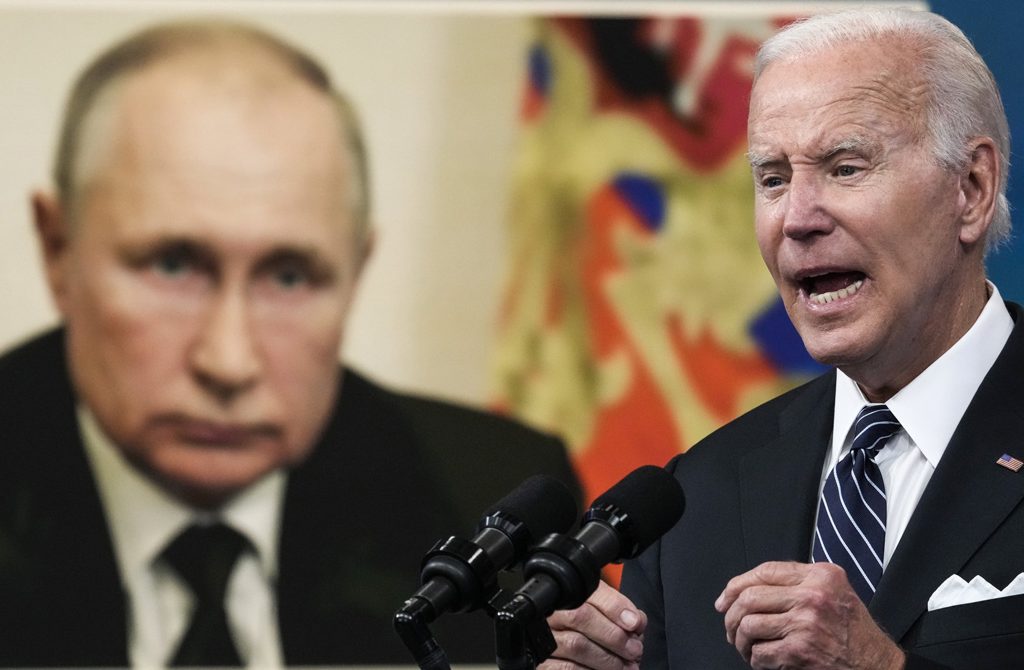In a recent interview, Russian President Vladimir Putin made a surprising revelation, expressing a preference for Joe Biden over former U.S. President Donald Trump. Putin cited Biden’s experience and predictability as key factors, signaling a potential shift in diplomatic dynamics. This revelation comes amid heightened tensions over Trump’s NATO comments and a $95 billion aid package, including military support for Ukraine, raising global attention.
The interview also addressed concerns about Biden’s mental acuity, with Putin dismissing allegations of poor memory and mishandling classified materials. Despite apparent favorability, Putin emphasized ongoing disagreements with Biden’s policies, characterizing the incumbent administration’s approach as “most harmful and erroneous.”
This divergence from Trump is noteworthy, given historical questions about the strength of their relationship. Trump faced scrutiny during a special counsel investigation into Russian interference in the U.S. election. Putin, however, emphasized a willingness to collaborate with any U.S. leader, highlighting the need for constructive engagement.
The geopolitical context includes Russia’s strained relations with Western countries, prompting Putin to seek ties with emerging markets like China and Iran. Meanwhile, Trump’s recent controversial comments during a South Carolina rally, where he suggested encouraging Russia to act freely towards NATO members, triggered international outrage. Biden condemned these comments as “dumb,” “shameful,” “dangerous,” and “un-American,” reinforcing the narrative of a close connection between Trump and the Russian head of state.
The broader Republican Party’s support for the $95 billion aid package, recently passed by the Democrat-led U.S. Senate, faces a critical test in the Republican-controlled House of Representatives. This aid package, encompassing assistance for Ukraine, Israel, and Taiwan, underscores the geopolitical implications of U.S. foreign policy decisions.
In conclusion, Putin’s surprising preference for Biden, coupled with ongoing geopolitical tensions and the Republican Party’s test on the aid package, adds a layer of complexity to international relations. This revelation may reshape diplomatic strategies, highlighting the need for a nuanced approach in navigating the evolving dynamics between key global players.



